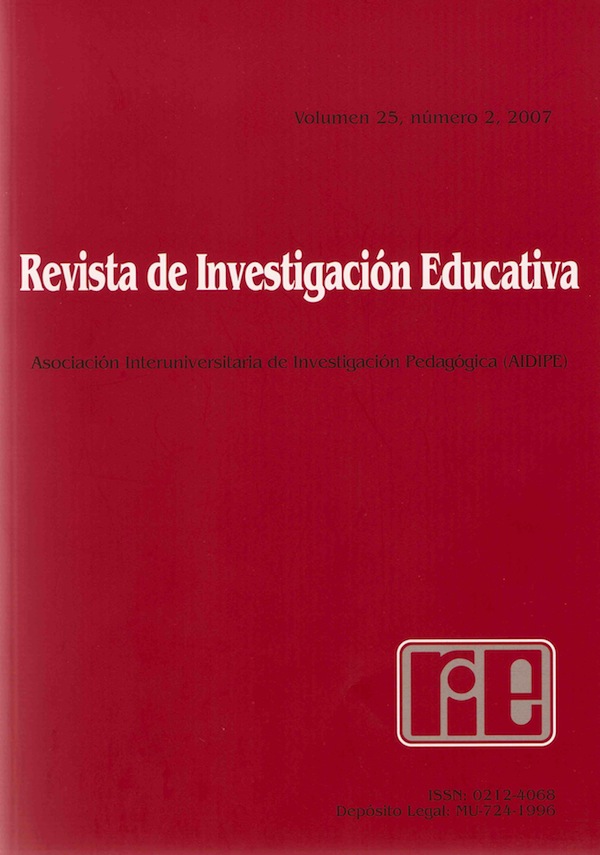Estrategias de aprendizaje y rendimiento académico en estudiantes universitarios
Resumen
El objetivo prioritario de este trabajo es analizar la incidencia de las estrategias de aprendizaje en el rendimiento de los estudiantes universitarios. Para ello diseñamos el cuestionario CEVEAPU (Cuestionario para la Evaluación de las Estrategias de Aprendizaje en Estudiantes Universitarios) que validamos con una muestra representativa de alumnos de las dos universidades públicas de la ciudad de Valencia, en España (545 estudiantes): la Universidad de Valencia y la Universidad Politécnica de Valencia. Llevamos a cabo correlaciones y análisis de regresión múltiple que reflejan que se da relación entre estrategias de aprendizaje y rendimiento académico y también análisis jerárquico de conglomerados, encontrando cuatro grupos de estudiantes con diverso perfil de uno de estrategias: uno bueno y tres deficiente.
Posteriormente examinamos las diferencias en las clasificaciones (ANOVA más post hoc) entre los grupos establecidos en función de su perfil estratégico, encontrando diferencias significativas a favor del grupo con perfil estratégico positivo.
Descargas
-
Resumen1348
-
PDF1802
Las obras que se publican en esta revista están sujetas a los siguientes términos:
1. El Servicio de Publicaciones de la Universidad de Murcia (la editorial) conserva los derechos patrimoniales (copyright) de las obras publicadas, y favorece y permite la reutilización de las mismas bajo la licencia de uso indicada en el punto 2.
2. Las obras se publican en la edición electrónica de la revista bajo una licencia Creative Commons Reconocimiento-NoComercial-SinObraDerivada 3.0 España (texto legal). Se pueden copiar, usar, difundir, transmitir y exponer públicamente, siempre que: i) se cite la autoría y la fuente original de su publicación (revista, editorial y URL de la obra); ii) no se usen para fines comerciales; iii) se mencione la existencia y especificaciones de esta licencia de uso.
3. Condiciones de auto-archivo. Se permite a los/as autores/as a difundir electrónicamente las versiones pre-print (versión antes de ser evaluada) y/o post-print (versión evaluada y aceptada para su publicación) de sus obras antes de su publicación, ya que favorece su circulación y difusión más temprana y con ello un posible aumento en su citación y alcance entre la comunidad académica.









